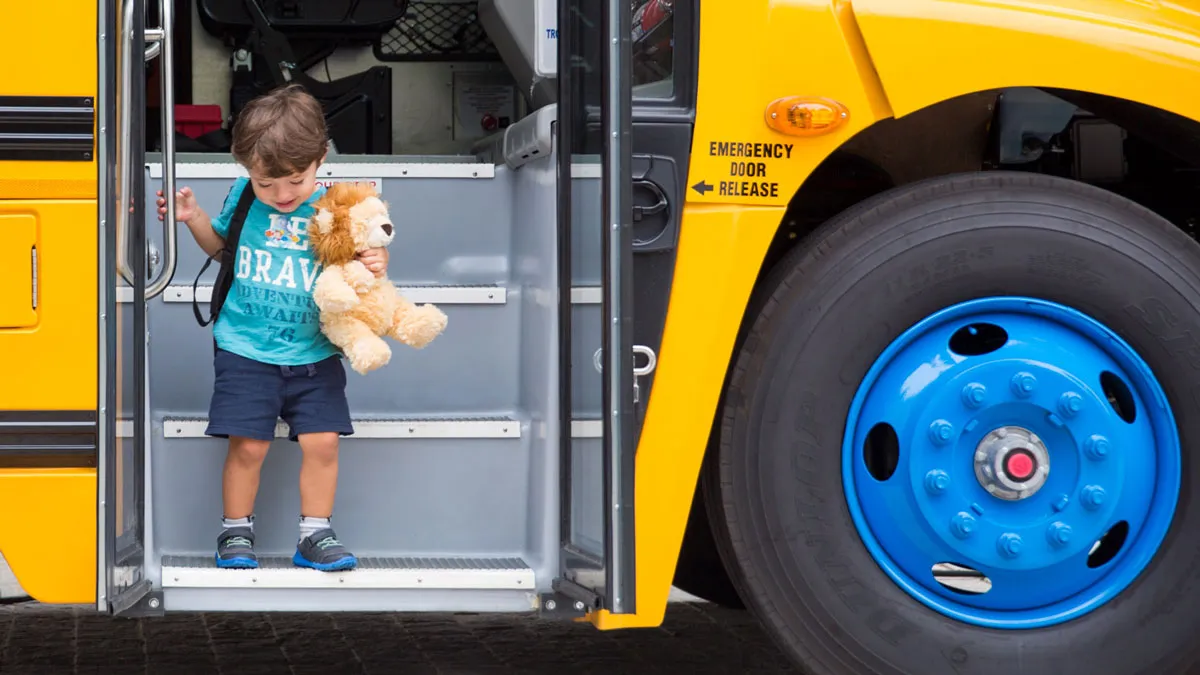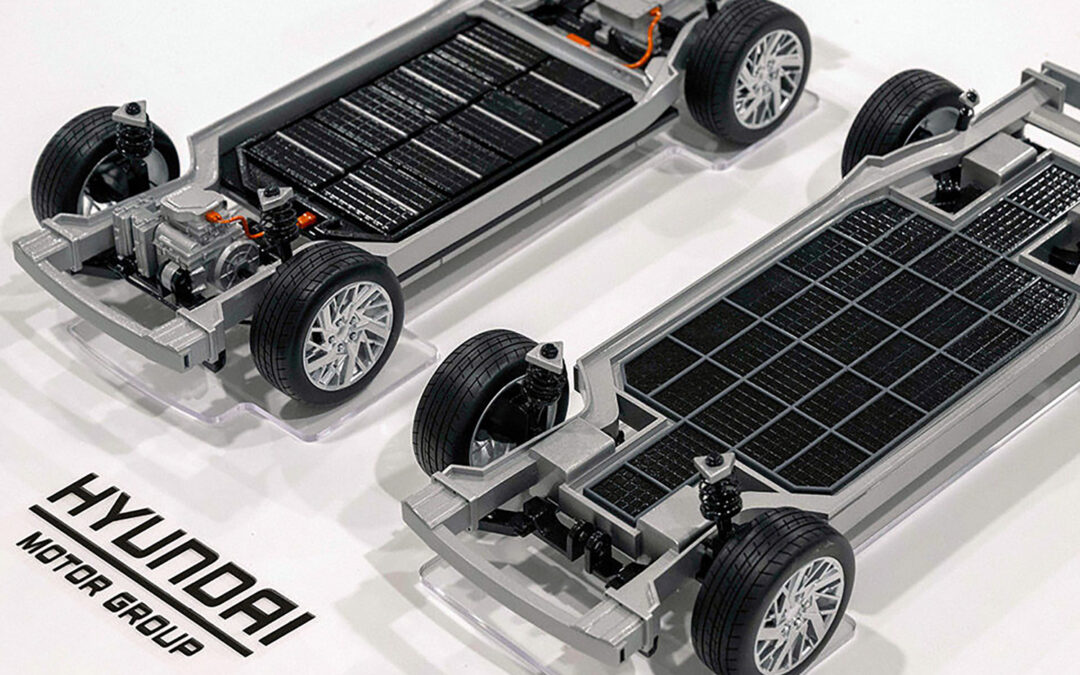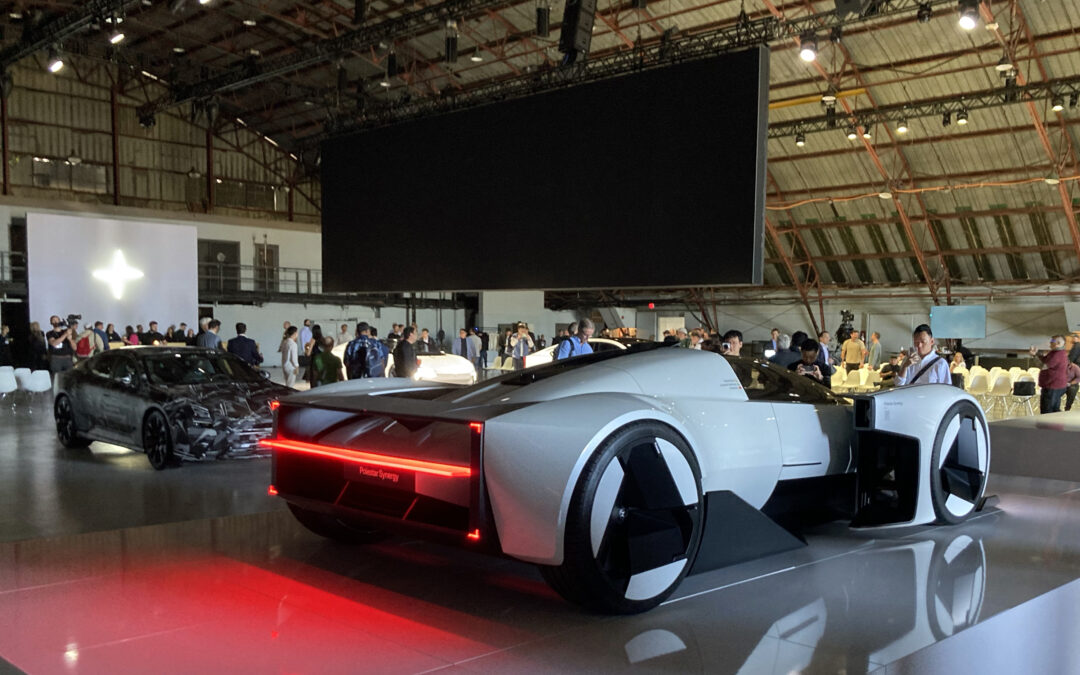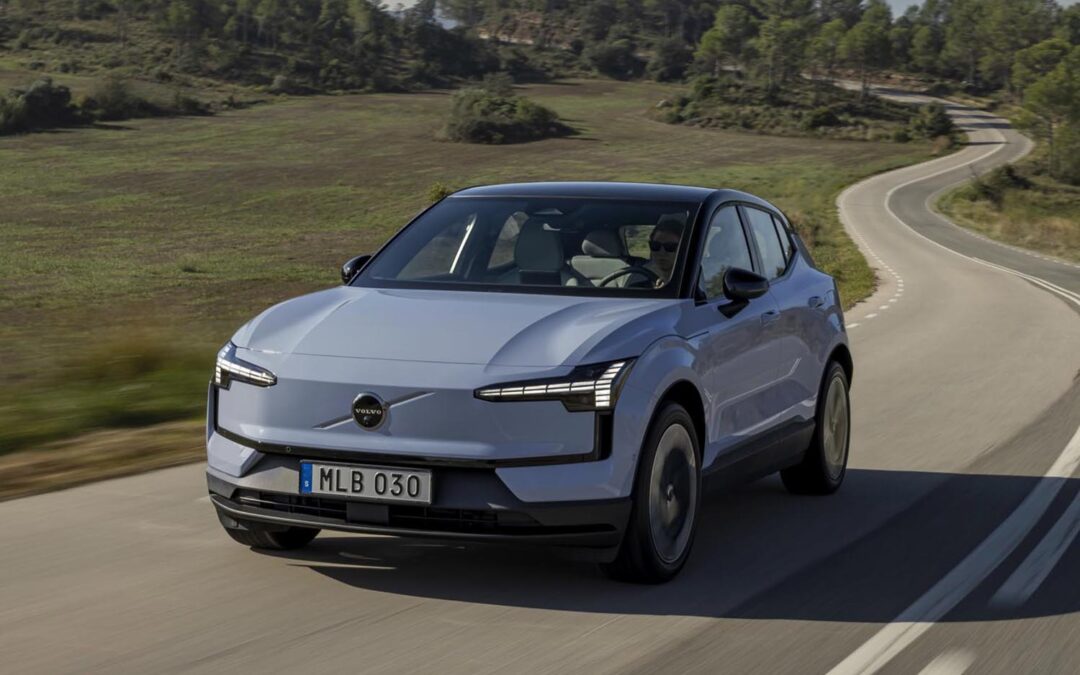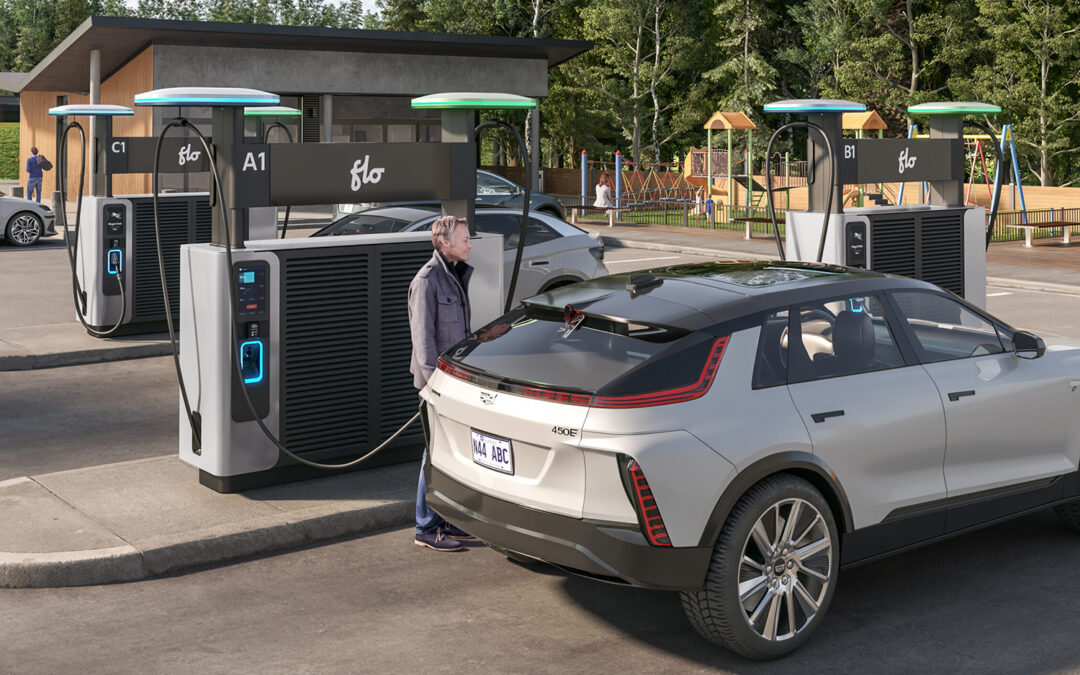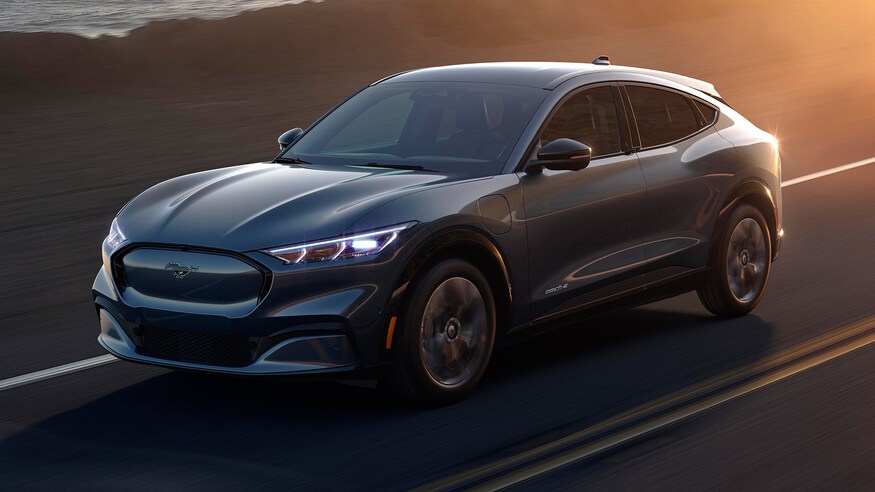The Prince Edward Island government has joined forces with Lion Electric to establish a fleet of electric buses that will be equipped to provide power in the event of emergencies, such as tropical storm Fiona which hit PEI last fall. By using electric buses to aid in community disaster relief efforts, the province can begin to lessen its reliance on diesel-fuelled generators.
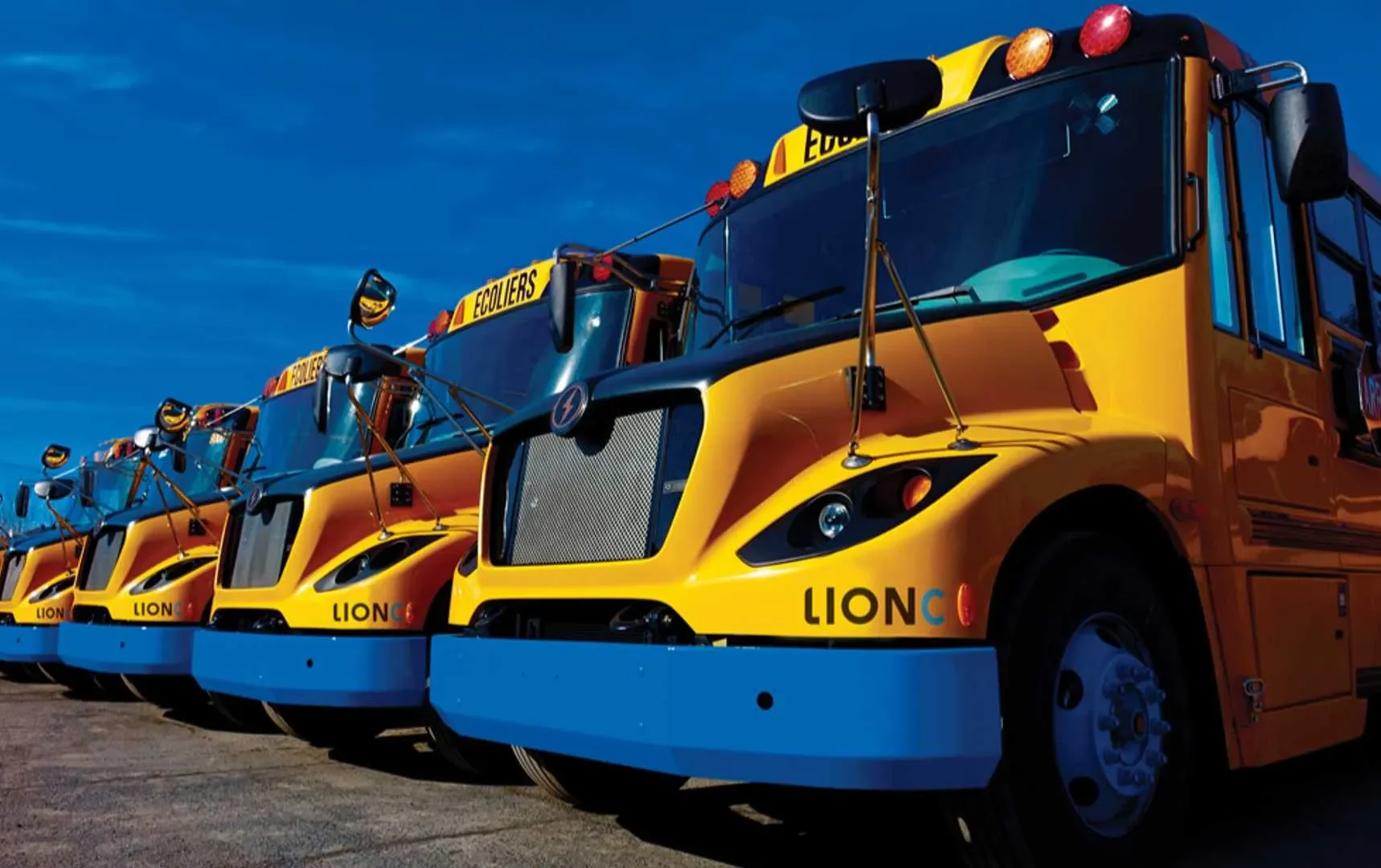
Lion Electric school buses
Lion Electric buses leverage vehicle-to-grid (V2G) technology, which allows V2G-enabled chargers to draw power from the buses’ batteries to power an emergency heating centre in the event that building is unable to get power from Maritime Electric’s grid. Using this technology, two Lion Electric buses should be able to provide about three days’ worth of power to the North Rustico Lions Club. As a key part of PEI’s net zero strategy, Lion Electric buses will also be able to discharge into the grid whenever demand is high.
Read more: 80/30 Interview: Patrick Gervais of Lion Electric
This announcement represents an exciting milestone for the small town of North Rustico where the pilot project will take place. “It is really amazing that a little town [like] North Rustico could do something like this,” said Mayor Heather McKenna. According to reports, those involved with the project think this will be the first time in Canada electric buses are used to respond to disaster-related power outages.
The pilot program will be funded by Lions Electric and the province itself, and Steven Myers, the province’s minister of environment, energy and climate action, notes that PEI is the perfect test bed for a project of this nature. According to Myers, Lion Electric offered to kickstart this project on PEI because the province already owns a large number of electric school buses that cab be upgraded to use V2G technology.
Currently, the province has ordered over 200 electric school buses from Lion, 82 of which are expected to be in service by the end of next month.
